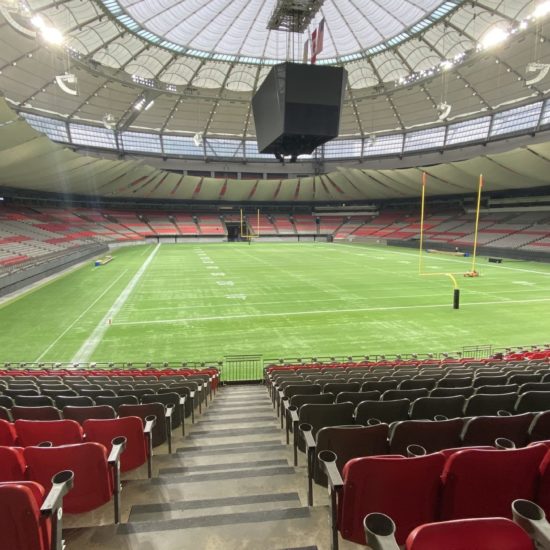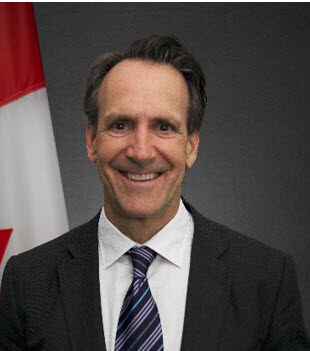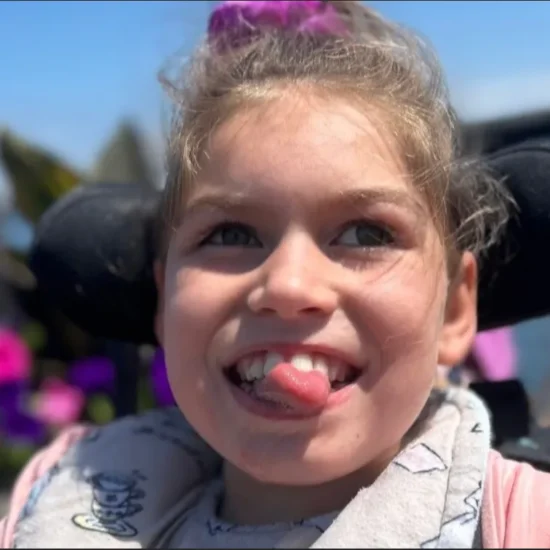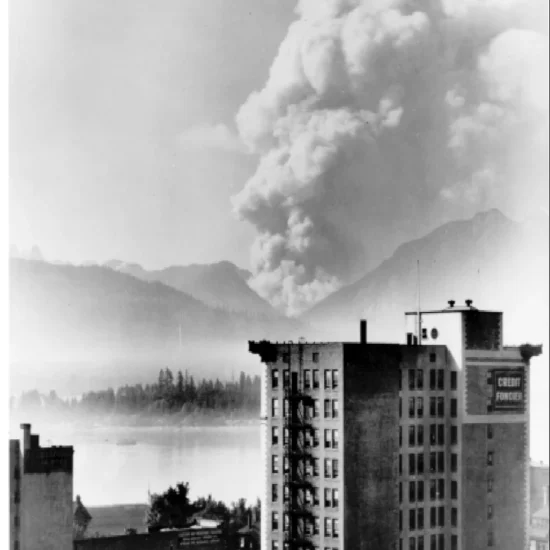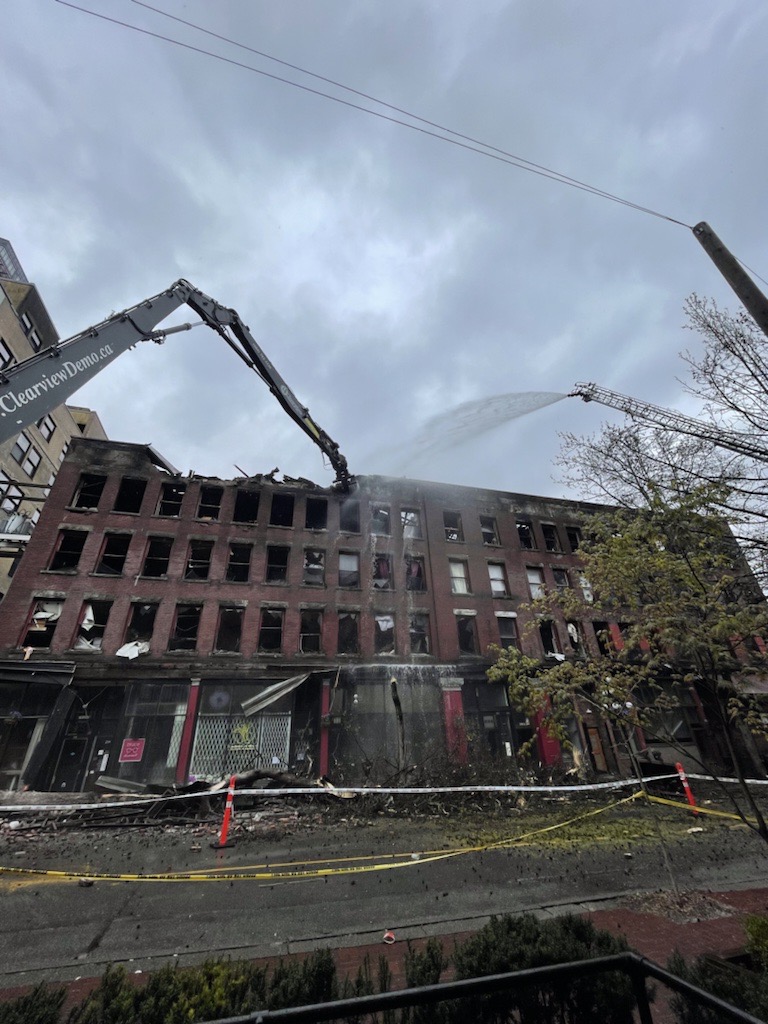
Bob Mackin
“Just informed about a fire at this privately managed SRO where Atira provides rent supps and support,” BC Housing CEO Shayne Ramsay wrote in an email to operations and communications managers at 11:28 a.m. on April 11, 2022. “Do we know anything about it yet?”

Winters Hotel (City of Vancouver)
“Haven’t heard yet but have staff checking,” replied Dale McMann, the Crown corporation’s vice-president of operations.
By 11:41 a.m., McMann had spoken to Janice Abbott, Ramsay’s wife and the CEO of Atira Property Management, about what was unfolding at the four-storey Winters Hotel on the corner of Abbott and Water in Gastown.
“Not a lot of details at this time. Appears to be more smoke than flames but Atira has the entire team there checking on tenants,” McMann wrote in the email, obtained via freedom of information. “Will update as more information becomes available.”
The federally recognized, 115-year-old Edwardian-era heritage building originally housed fishermen and loggers and was advertised in its heyday as “the perfect hotel for particular people.”
Vancouver Fire and Rescue Services (VFRS) declared a fourth alarm. Five people were sent to hospital. It would become the worst of the 223 fires that displaced 417 tenants at Vancouver single-room occupancy (SRO) hotels in 2022. The bodies of residents Mary Ann Garlow and Dennis Guay were discovered more than a week-and-a-half later. A Coroner’s jury inquest was ordered.
In the months that followed the tragedy, the Downtown Eastside went from bad to worse. Sidewalks on both sides of East Hastings Street filled with tents containing 200 people, many with addictions and/or mental illness. Many of them refused to live inside buildings similar to the Winters Hotel, even if rooms were available. Vancouver Police officers and civic crews finally moved last week to dismantle the remaining tents.
It was a tragedy waiting to happen. On April 8, 2022, after a minor fire, VFRS had ordered Winters Hotel management to immediately hire a qualified technician to service the fire alarm and sprinkler and provide 24-hour fire watch until the system could be reset and fully functional.
“There was a smaller fire contained to one room over the weekend which resulted in water damage,” wrote BC Housing senior manager Will Valenciano at noon on April 11, 2022. “A second fire started today in two rooms and had spread because it is believed the sprinkler system did not go back on line from [the] weekend fire. At this point, it is not known how today and last weekend fires started.”
Where would all the displaced people go? BC Housing’s daily shelter bed count was already slim, with only 11 beds available across 17 sites: 10 at the Lookout’s emergency winter shelter and one at Atira’s Powell Place. It wasn’t as bad as Nov. 10, 2021, when there was no space available at shelters. Estimated SRO vacancies were in the usual range of 15 to 20, however.
BC Housing’s 4:50 p.m. internal issues alert said 86 Winters Hotel tenants had been displaced. Neighbouring buildings were also evacuated, leaving as many as 300 people without a place to stay for the night. The city’s emergency services office had enough cots and blankets for them all. They wouldn’t need to dip into the provincial emergency stock at Riverview. A triage to help connect displaced residents to group lodging was established at Bette’s Boutique on Main and Cordova.
“BC Housing, City of Vancouver and emergency response services have identified 157 spaces which can be activated today if for evacuees if needed. Winters Hotel residents will be prioritized for spaces where there is 24 hour operations,” said the issues update from Henry Glazebrook in the communications department.
Officials believed residents had been accounted for, but the optimism in McMann’s 8:58 p.m. update would prove to be premature.

Ramsay (BC Housing)
“Just received word that we think all tenants and staff in the building have been located and are safe. (Great News),” he wrote. “This has not been officially confirmed yet but it seems to be fairly certain. Please do not report this until we have received official confirmation.”
On April 22, during demolition, Garlow and Guay’s bodies were found.
McMann told staff that all providers in the Downtown Eastside were asked to temporarily hold all vacancies. The New Columbia, with 70 unoccupied rooms, was eyed as a longer-term solution.
“We were soon to start moving residents from the Colonial to the New Columbia but we will likely now consider extending the lease on the Colonial and moving residents from the Winters Hotel into the New Columbia. We still have some minor work to do in the New Columbia and I am just now trying to determine the extent of work still to be done and how we can expedite this,” McMann wrote.
The devastating fire a year ago was also the first of a series of unfortunate events for the social housing Crown corporation. Its board was replaced and the CEO went to work elsewhere. The former housing minister, who would become the new premier, ordered a forensic audit that awaits publication.
Less than a month after the fire, on May 10, Ernst and Young completed its report, Financial Systems and Operational Review of BC Housing. But it was kept secret until June 30.
In three years, the NDP had more than doubled BC Housing’s budget to $1.9 billion and committed $7 billion over a decade. Ernst and Young acknowledged the perfect storm of increased homelessness and encampments along with demands to house mentally ill and addicted clients amid a competitive job market. But, how would BC Housing solve the problem if it continued to be siloed, with antiquated computer systems and undocumented project administration?
The week after the report’s release, David Eby announced early on a Friday evening that he replaced most of the board.
Last Aug. 2, the 2000 NDP appointee Ramsay gave more than a month’s notice that he would retire from the top BC Housing job that paid him $366,013 in 2021-2022. He cited the declining living conditions on the Downtown Eastside and his desire to spend more time with family.
“I no longer have confidence I can solve the complex problems facing us at BC Housing,” wrote Ramsay, who would leave after Labour Day.
Ramsay resurfaced before the end of September in a new job. He is the executive vice-president of real estate and development for the Squamish Nation’s Nch’kay Development Corp., Westbank’s partner in the ambitious Senakw towers project around the south side of the Burrard Bridge.
Support theBreaker.news for as low as $2 a month on Patreon. Find out how. Click here.






